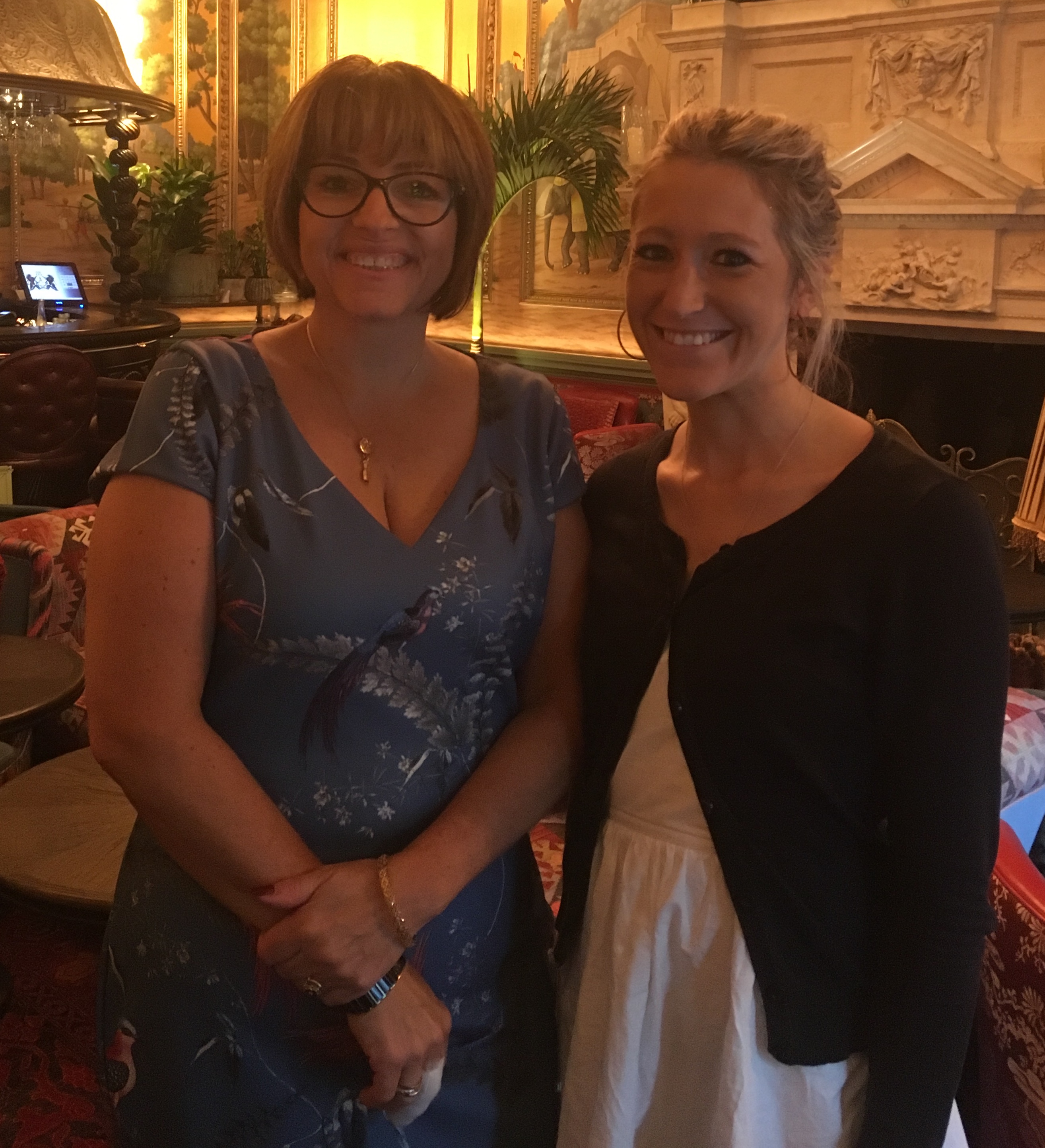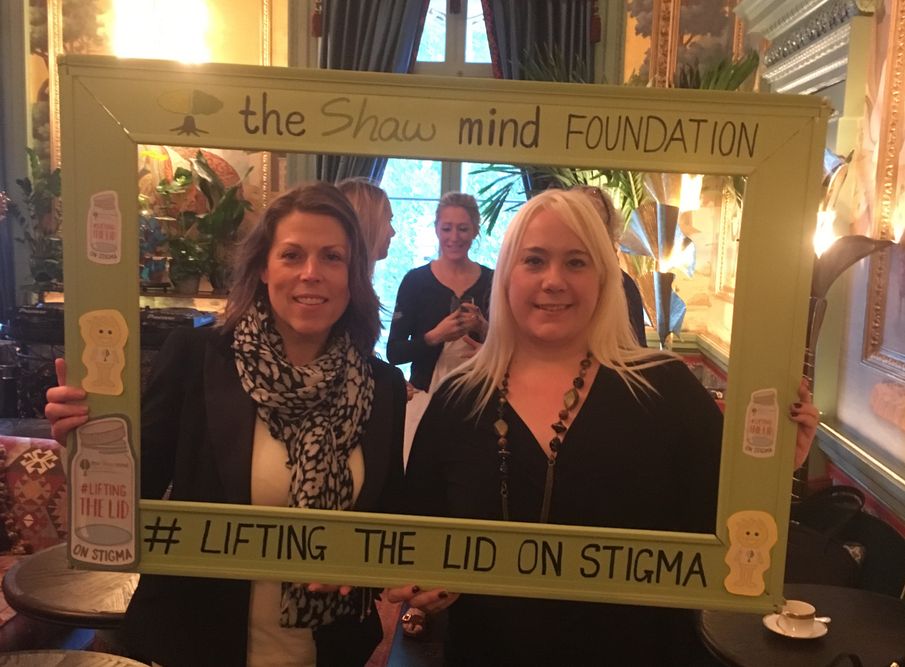Discussion hosted by The Shaw Mind Foundation CEO Kate Majid and Mental Health Champion Hope Virgo encourages us to play our part in lifting the lid on stigma
Twenty women sit around a table in London’s West End, early on a Friday morning. We’re all gathered to hear from The Shaw Mind Foundation, to talk more about their ongoing campaign to reduce stigma around mental health and suicide, and to share our thoughts on how we can support a society in which mental health is an everyday discussion.
CEO Kate Majid joined The Shaw Mind Foundation in November last year, after working for 32 years as a mental health nurse in the NHS. She is now working tirelessly to raise the profile of the Foundation and the work it does.
"The Shaw Mind Foundation exists to reduce suicide - and we have big plans to do that," says Kate. "I am passionate about the role that stigma plays in driving people to feel that the only solution they’ve got is to end their lives through suicide.
"I firmly believe that we have to not only talk about mental health difficulties but also really listen to responses we get and know what to do with that information. This conversation today is all about how we shift that stigma, how we lift the lid on stigma."

Hope Virgo and CEO Kate Majid
Hope Virgo is equally passionate about the morning’s event as well as the Foundation's aims: “We’re coming together to talk about mental health and how, as females, we have a role to play in tackling the ever-growing mental health crisis.
"We have a duty of care to everyone around us - as well as managing our own mental health wellbeing and having practical ways of supporting ourselves and one and another."
Kate agrees with this sentiment: "We want to get people talking, we want people to understand the power that they’ve got to make a difference."
Natasha Devon, mental health campaigner and Founder of the Mental Health Media Charter, Thea Cope from the Centre for Mental Health and Tana Macpherson-Smith from Clearminds are among the attendees as the discussion begins, led by Kate.
We hear that 1 in 4 young women have self-harmed by the age of 14, as have 1 in 10 young men by the same age. It’s a shocking statistic and emphasises the desperation of some children and young adults.
The higher rate of self-harm in young women is a concern too, as is the increase in women aged 10-29 who have died by suicide, according to ONS figures. While it has been widely reported, Kate notes, that male deaths by suicide have recently seen a decrease, the increase in female suicide in this age range has not received attention. This leads Kate to believe that there needs to be additional campaigning around suicide and the stigma that may contribute to suicidal thoughts, which addresses all gender identifications.
The role we all have to play in the developing children’s mental health in a positive way is the theme of a discussion started by Tana Macpherson-Smith from Clearminds, an organisation committed to improving the health and wellbeing of children and teenagers. Tana has lived mental health experience, along with extensive experience of teaching and education (over 25 years) which informs the work that she is now doing to help children and teens to address their own mental health challenge. Tana cannot emphasise enough the role adults have to play in children’s positive development. Time focussing on children, time without phones and time to ask questions and listen to their responses can make a huge difference, she notes.
The conversation continues, moving from the connection between physical and mental changes throughout a woman’s lifetime to emotional literacy, parity of esteem with prescription costs (charging for mental health prescriptions), the importance of human connection in medical environments and modelling honest mental health discussions in the workplace and at home ("up through the generations too!").
Kate Majiid from @shaw_mind pointing out that prescriptions for enduring physical illness is mostly free, but for mental illness it is not - Where’s the parity of esteem we were promised? #liftingthelid
— Natasha Devon MBE (@_NatashaDevon) September 21, 2018
The knowledge sharing, differing perspectives discussed and collaborations floated in just a couple of hours, shows that there is so much that can be done - and is still to be done.
If The Shaw Mind Foundation can be a catalyst for this kind of momentum in one morning, I can only imagine the positive impact that they are having each and every day. And for that, they deserve our full support.
Want to support the work of The Shaw Mind Foundation?
Follow them to find out more about the work The Shaw Mind Foundation is doing.
The Shaw Mind Foundation offer talks to schools and businesses. If you are a teacher or have an interest in improving mental health awareness and provision in your place of work, contact them to find out more about their services. There’s a minimal cost for talks in schools and a charge for businesses, but all profits go back into delivering help for others through the charity.
As a Charity, The Shaw Mind Foundation would be grateful for all donations. Find out more on how to give.
The Foundation is always looking for Volunteers, Ambassadors and further support. If you think that you could help, contact them.


Comments